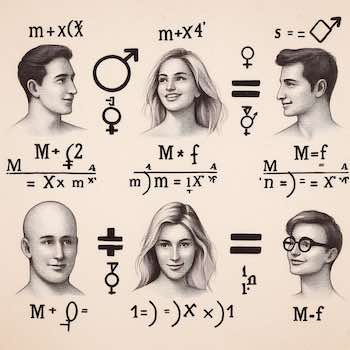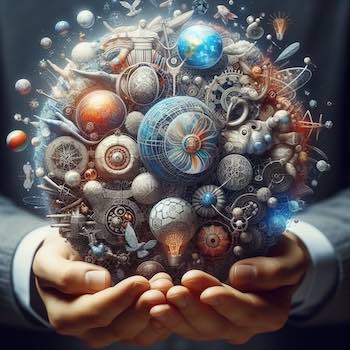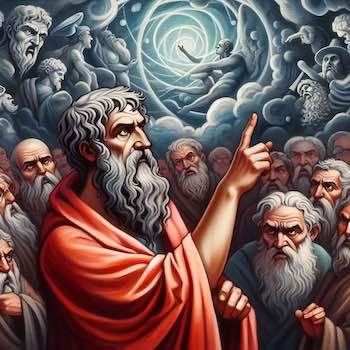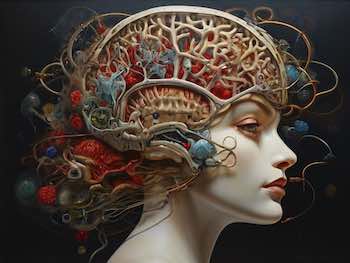Sobriety to taste all the perfumes of the world
The interest of simple habits? They form a unified, sober foundation, from which the mind appreciates the incredible diversity that surrounds it. Could it only see it, this diversity, without starting from simplicity? Probably not. It would be drowned in a complex world. Element of chaos among the others, quickly jaded of such an inconsistent … Read more










